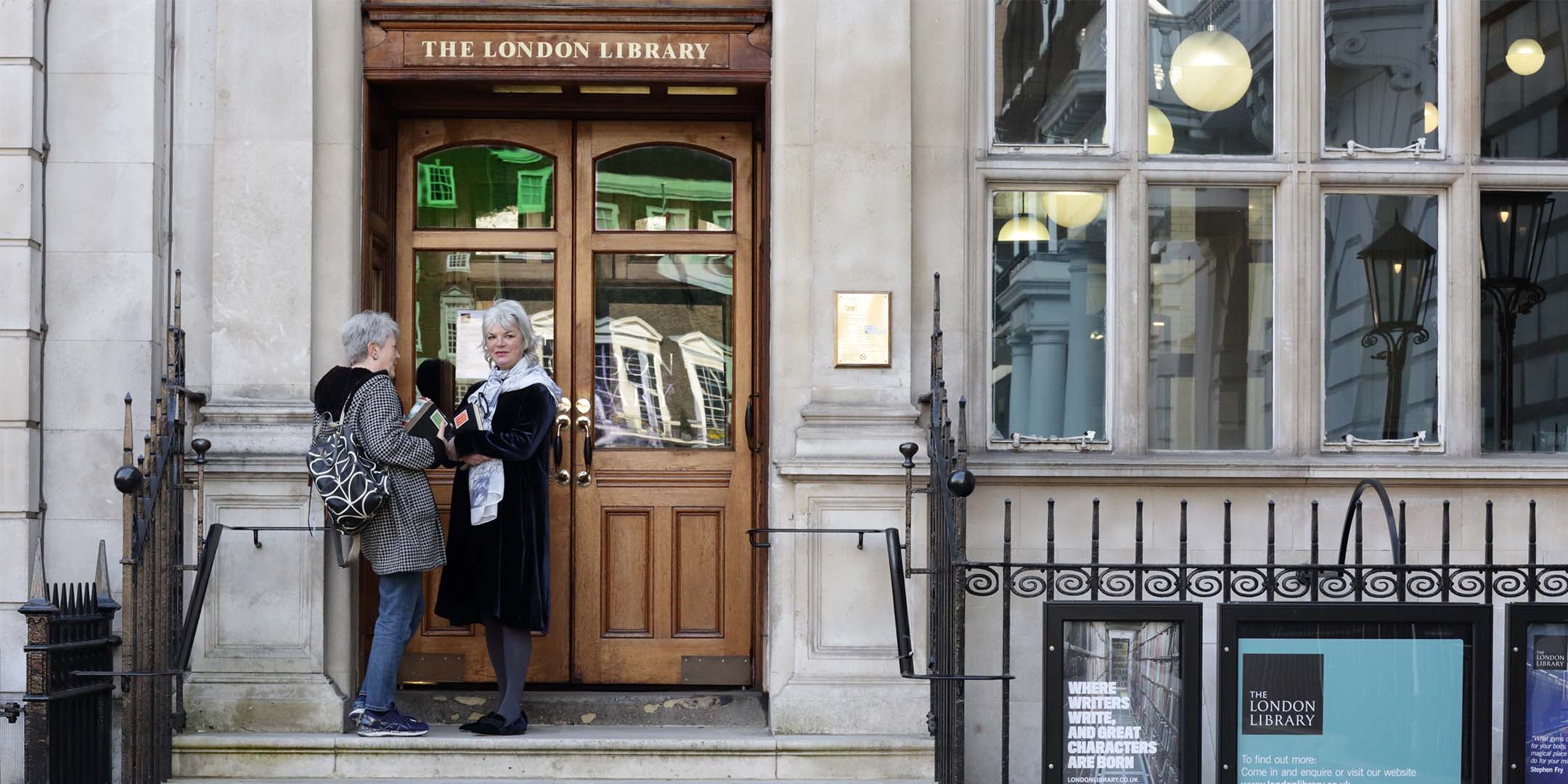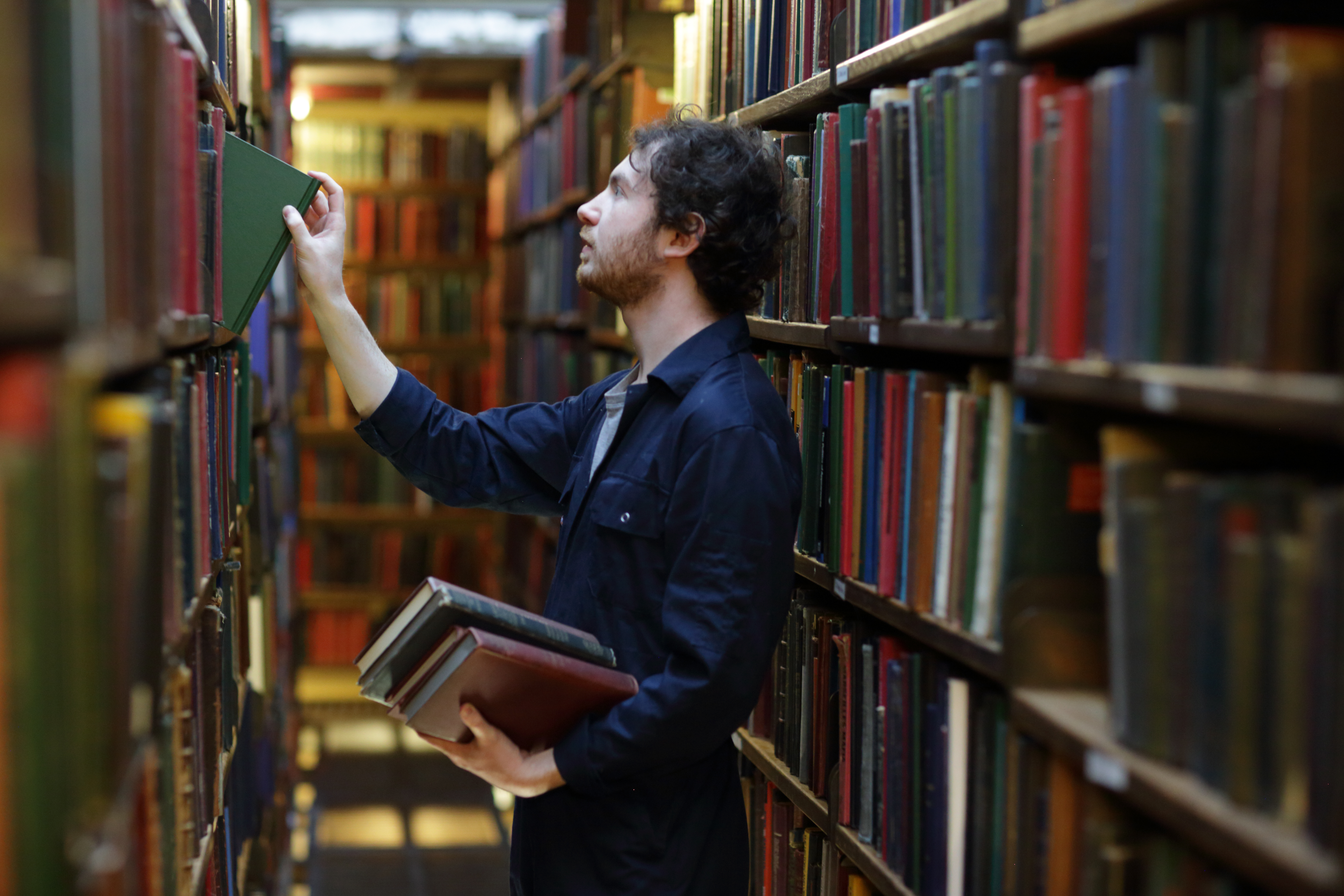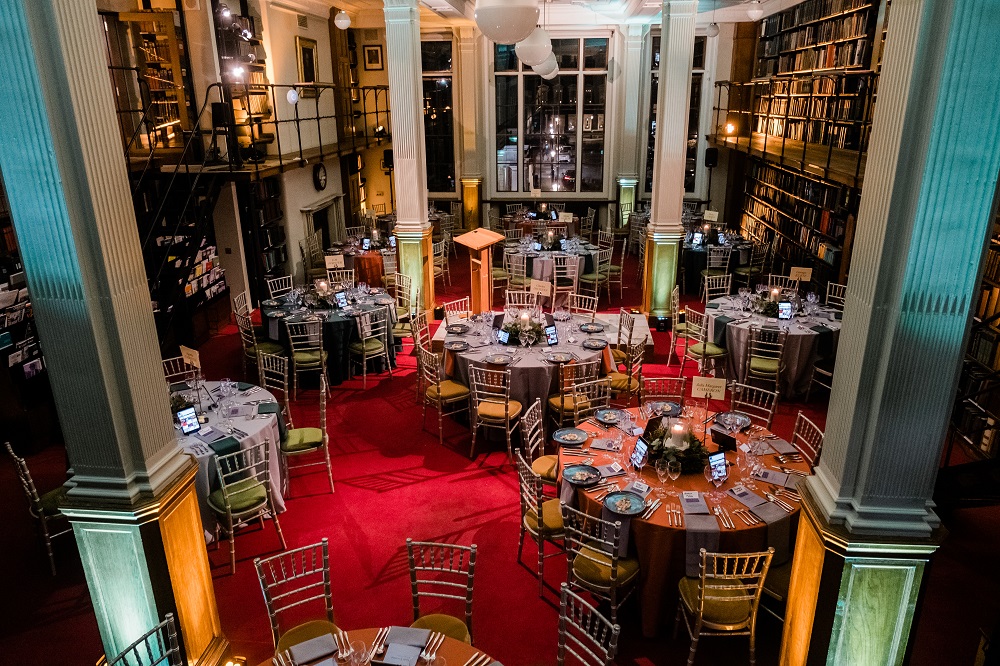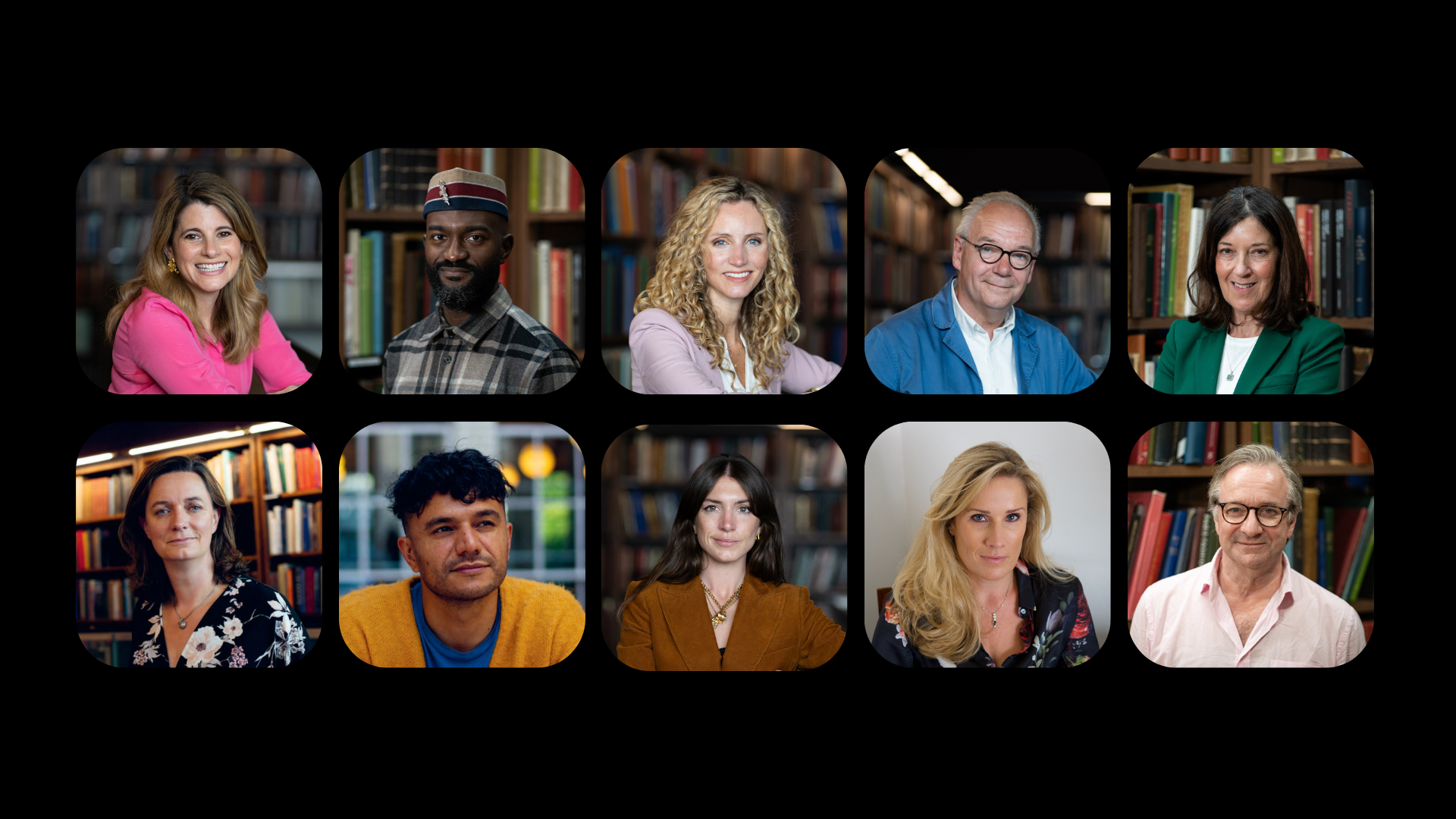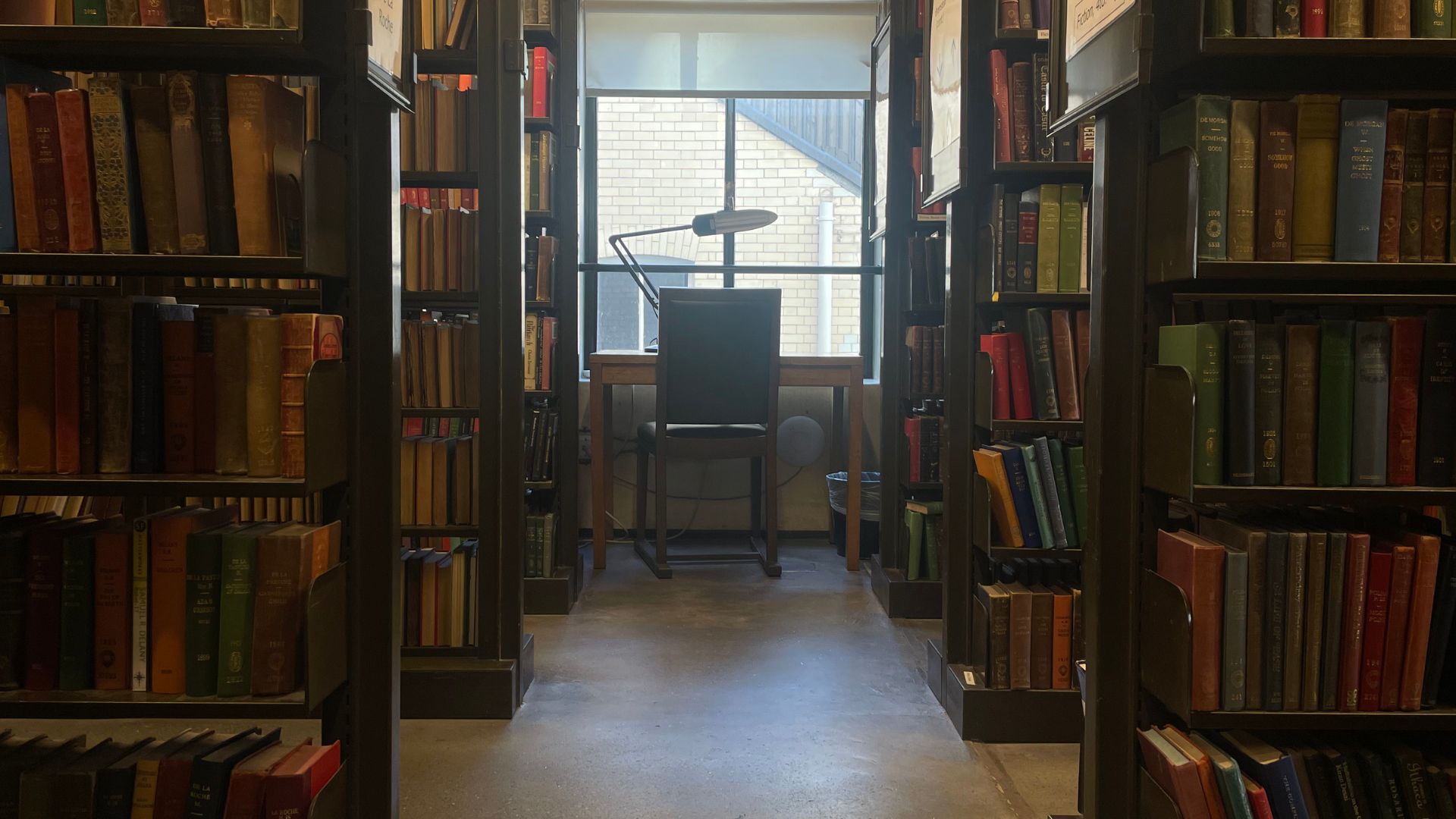With fewer than 3 weeks until Christmas – how on earth has it arrived so swiftly? – we’re sure we’re not the only ones having a last-minute panic about certain people who are hard to buy for!
While we won’t ordinarily be using the blog to talk about things we have for sale, we thought now was a good time to share some ideas that might help with those festive gift quandaries. With everything from stocking fillers to the exceptionally generous gift of Library membership, we have something for most budgets. Book lovers will be thrilled with a London Library gift, and you will have the satisfaction of having purchased from a registered charity.
Here are our top Christmas ideas for the bibliophiles in your life:
- Canvas bags – strong, sturdy, stylish and perfect for heavy books! 100% cotton, available with short or long handles.
- Pencils and notebooks – our A4 soft-cover notebooks and black pencils (featuring quotes by 5 distinguished past London Library members) make excellent stocking fillers.
- Membership Gift vouchers – The perfect way to help someone purchase London Library membership, Gift Vouchers can be used as full or part payment towards the cost of an annual or life membership. Available in denominations of £50 or £100.
- Gift membership – the ultimate treat for any bibliophile, London Library Gift Membership provides access to 1 million books on 15 miles of open shelving, electronic resources and much more. A very special gift indeed!
You can purchase London Library merchandise and Gift Membershiponline or in person at the Library – just ask at Reception.
Merry Christmas and happy shopping!

